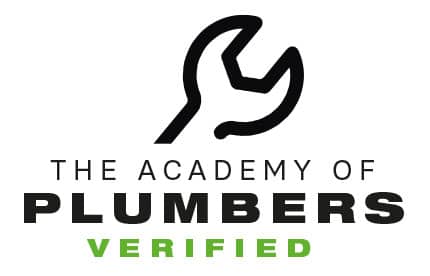June is the official start of the 2016 Atlantic Hurricane Season. South Carolina has six coastal counties bordering the Atlantic Ocean and is one of the most vulnerable states in the nation to be impacted by hurricanes and tropical storms. We’ve already had two names storms and even experienced a hurricane this year. Hurricanes can cause a variety of electrical safety hazards in and around our homes and community. Lightning, downed power lines, and floods are just a few of the serious safety concern associated with hurricanes. To help protect you from storm related electrical hazards, we have provided electrical safety tips to help keep you and your family safe!
- STAY AWAY from downed power lines, which could be live and pose an electrocution hazard.
- NEVER step in flooded areas of your home—these could be charged by live power sources such as outlets or wires. Electricity passes through water, therefore always be aware of wet areas.
- If possible, use flashlights and avoid candles, which can become fire hazards.
- Know where the circuit breaker box is, and make sure everyone in the household knows how to shut off all power; Shutting down all power sources is essential because unexpected sparks could ignite possible natural gas leaks.
- Avoid contact with moist wood, which could become a path of electricity and a serious hazard if you make contact with it.
- If you are in a vehicle that is touching a downed power line, STAY in your car unless the car catches fire or authorities tell you to get out.
- NEVER touch a person who has been electrocuted without making sure the person is no longer in contact with the electrical source.
- NEVER use electrical appliances that have been wet. Water can damage the motors in electrical appliances, such as furnaces, freezers, refrigerators, washing machines and dryers. For those that have been under water, have them repaired by a licensed service electrician.
- Any electrical equipment, such as switches, receptacles (convenience outlets), light outlets and junction boxes, that has been under water must be replaced. They cannot be safely reused.
- Wiring that has become wet or damaged during a disaster cannot be safely reused, even it appears to have completely dried or reusable. It must be replaced. Identify any wiring that was under water or dampened. If the water did not reach all levels of a building, wiring that was not wet may still be safely used.
- ALL electrical wiring, appliances and motors damaged by floodwater should be checked by an electrician or electrical contractor before any attempt is made to start them. Motors damaged by moisture and dirt can be burned out by careless starting, and damaged or damp wiring will cause failures in circuits and systems.
- NEVER replace a fuse or reset a circuit breaker with wet hands or while standing on a wet (or damp) surface.
- ALWAYS take special care with portable generators. They can provide a good source of power, but if improperly installed or operated they can become deadly. (Check out these safety tips for using portable generators)
- MOST importantly, always be aware of your surroundings.
When in doubt about the safety of the electrical system in your home or office, we strongly advice you contact an electrical contractor and have a licensed electrician inspect the damage.



